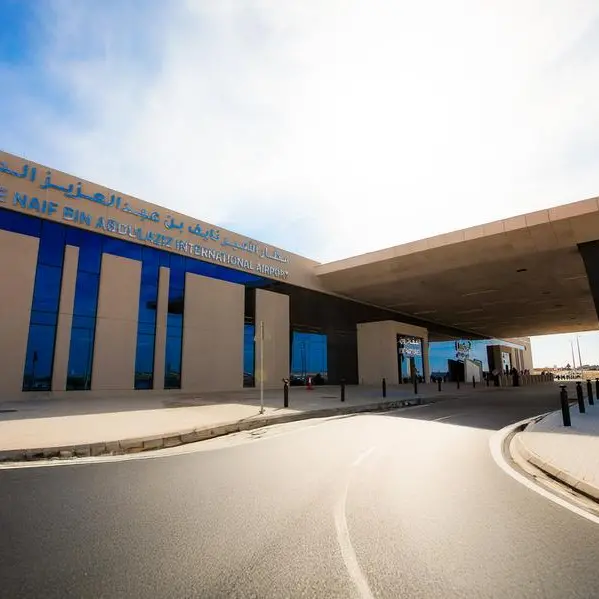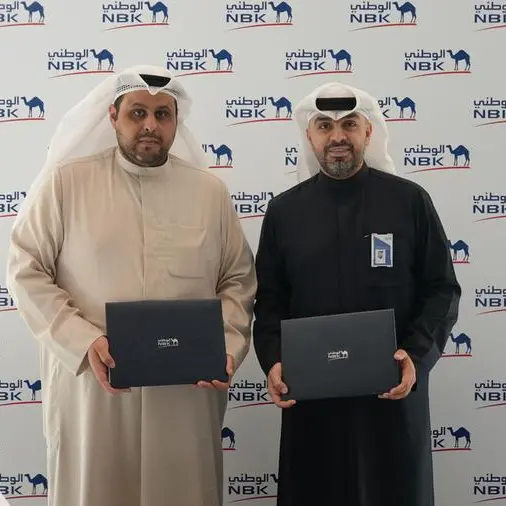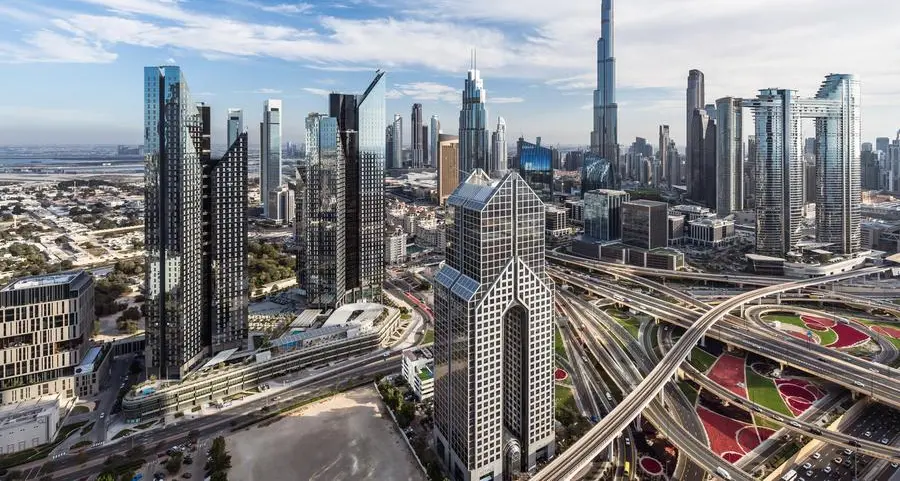Abu Dhabi: With Abu Dhabi’s internationally-renowned cultural sites now reopened to the public, the Department of Culture and Tourism – Abu Dhabi (DCT Abu Dhabi) is collaborating with the Frontline Heroes Office to demonstrate its gratitude for the bravery and dedication of the country's frontline professionals. Starting from 21 October 2020, frontline heroes, and up to three guests per person, will be granted free access to Qasr Al Hosn and Louvre Abu Dhabi for a period of six months.
DCT Abu Dhabi’s mission is to promote cultural heritage and the arts to the widest possible audiences. This gesture aims to provide comfort and relaxation to those who have been serving on the frontlines of the COVID-19 pandemic, following their months of hard work serving communities across the UAE.
“Art and medicine are linked by a shared higher purpose: the betterment of humanity,” said HE Saood Al Hosani, Acting Undersecretary of DCT Abu Dhabi. “Many of our hardworking physicians, nurses, sterilisation specialists and other frontline professionals and volunteers have barely had a chance to slow down for the past eight months. To thank them for their dedication, it is our pleasure to offer complimentary access to two of DCT Abu Dhabi’s most spectacular cultural assets, a way of encouraging them to take some time to reflect, recharge, and reconnect with their creative sides. As these professionals have healed and protected so many in our community, may the treasures contained within Louvre Abu Dhabi and Qasr Al Hosn comfort and replenish them in turn.”
“Frontline heroes” include medical and non-medical staff in healthcare facilities (doctors, nurses, pharmacists, housekeeping, porters etc.), as well as those working in prevention and protection (crisis management, security and emergency services, sterilisation, volunteering, etc.).
Qasr Al Hosn is the oldest and most significant building in Abu Dhabi, and includes the city’s first permanent structure, a coral and sea stone watchtower built to protect the first permanent settlement established on Abu Dhabi Island circa the 1760s. It also incorporates two major iconic buildings: The Inner Fort (built around 1795) and the Outer Palace (built 1939-41). Over the centuries, Qasr Al Hosn has been home to the ruling family, the seat of government, a consultative council and a national archive. Today, following extensive restoration work, it stands as the nation’s living archive and the narrator of Abu Dhabi’s history.
Abu Dhabi’s landmark museum, Louvre Abu Dhabi, celebrates the universal creativity of mankind and tells stories of cultural connections, with gallery displays that transcend civilizations, geographies and times. The museum’s growing collection is unparalleled in the region and spans thousands of years of human history, including prehistoric tools, artefacts, religious texts, iconic paintings and contemporary artworks. Designed by world renowned architect Jean Nouvel and opened on Saadiyat Island in November 2017, the museum is inspired by traditional Islamic architecture and its monumental dome creates a rain of light effect over a unique social space that brings people together.
To avail themselves of complimentary entry to Louvre Abu Dhabi and Qasr Al Hosn, frontline heroes must pre-book their tickets online and present their Emirates ID upon arrival. For more information, please visit www.louvreabudhabi.ae . As for Qasr Al Hosn, 360-degree virtual tours must be pre-booked online or by calling 026976400. For more information, please visit www.qasralhosn.ae
People working on the frontline supporting the UAE’s response to COVID-19 should check with their employers to confirm that they are registered with the Frontline Heroes Office.
-Ends-
About the Department of Culture and Tourism - Abu Dhabi
The Department of Culture and Tourism conserves and promotes the heritage and culture of Abu Dhabi emirate and leverages them in the development of a world-class, sustainable destination of distinction, which enriches the lives of visitors and residents alike. The organisation manages the emirate’s tourism sector and markets the destination internationally through a wide range of activities aimed at attracting visitors and investment. Its policies, plans and programmes relate to the preservation of heritage and culture, including protecting archaeological and historical sites and to developing museums, including Zayed National Museum, Guggenheim Abu Dhabi, and the Louvre Abu Dhabi. DCT - Abu Dhabi supports intellectual and artistic activities and cultural events to nurture a rich cultural environment and honour the emirate’s heritage. A key role is to create synergy in the destination’s development through close co-ordination with its wide-ranging stakeholder base.
© Press Release 2020
Disclaimer: The contents of this press release was provided from an external third party provider. This website is not responsible for, and does not control, such external content. This content is provided on an “as is” and “as available” basis and has not been edited in any way. Neither this website nor our affiliates guarantee the accuracy of or endorse the views or opinions expressed in this press release.
The press release is provided for informational purposes only. The content does not provide tax, legal or investment advice or opinion regarding the suitability, value or profitability of any particular security, portfolio or investment strategy. Neither this website nor our affiliates shall be liable for any errors or inaccuracies in the content, or for any actions taken by you in reliance thereon. You expressly agree that your use of the information within this article is at your sole risk.
To the fullest extent permitted by applicable law, this website, its parent company, its subsidiaries, its affiliates and the respective shareholders, directors, officers, employees, agents, advertisers, content providers and licensors will not be liable (jointly or severally) to you for any direct, indirect, consequential, special, incidental, punitive or exemplary damages, including without limitation, lost profits, lost savings and lost revenues, whether in negligence, tort, contract or any other theory of liability, even if the parties have been advised of the possibility or could have foreseen any such damages.



















